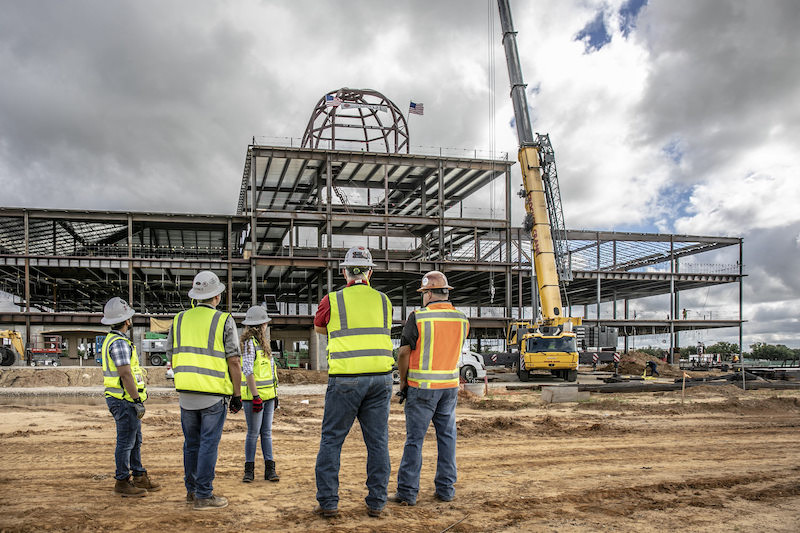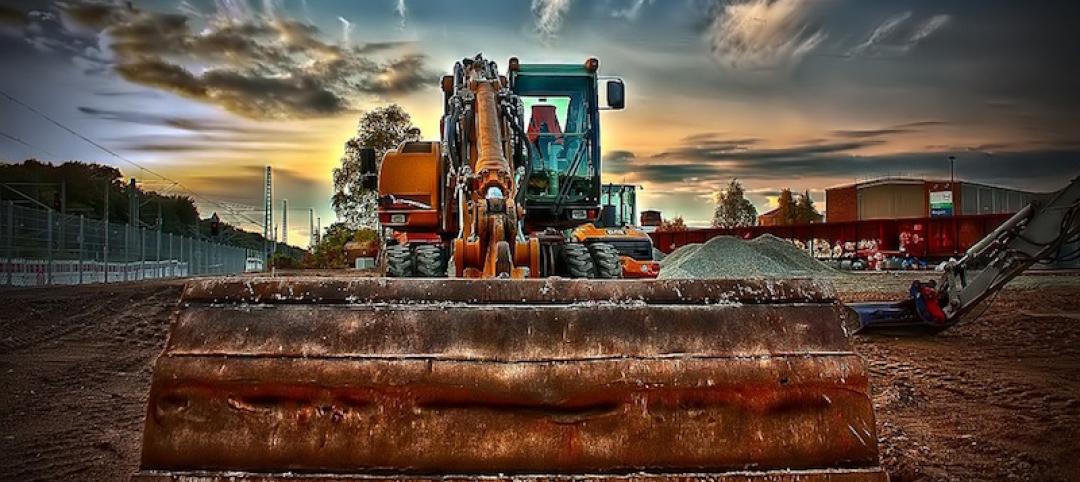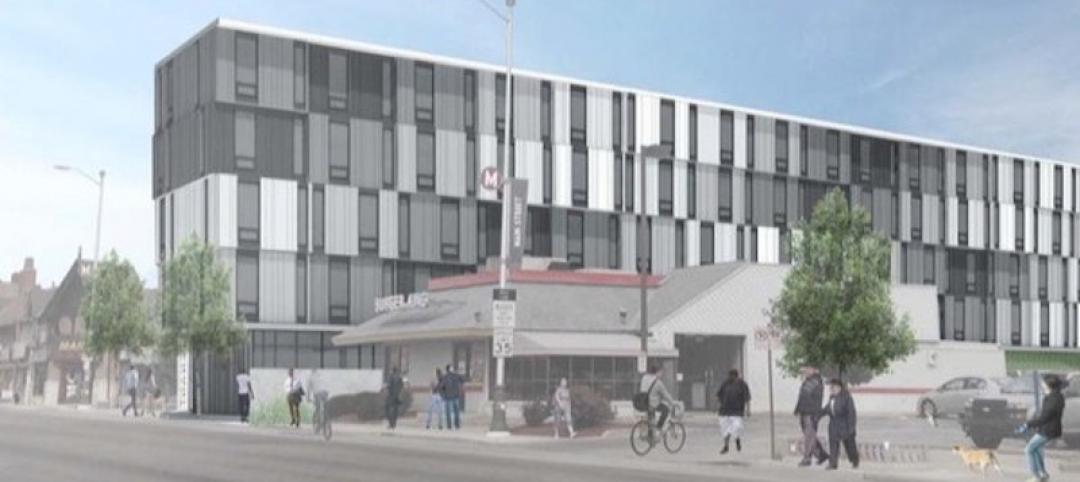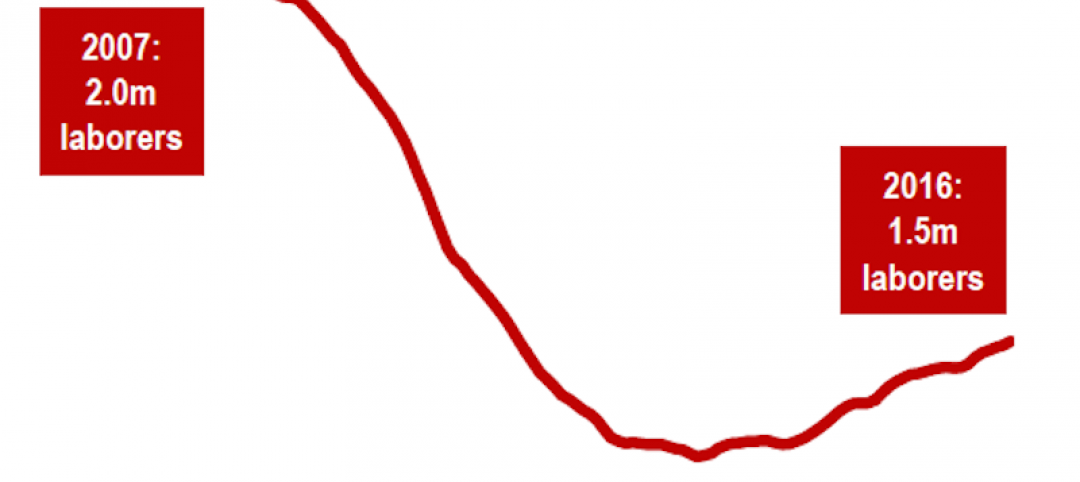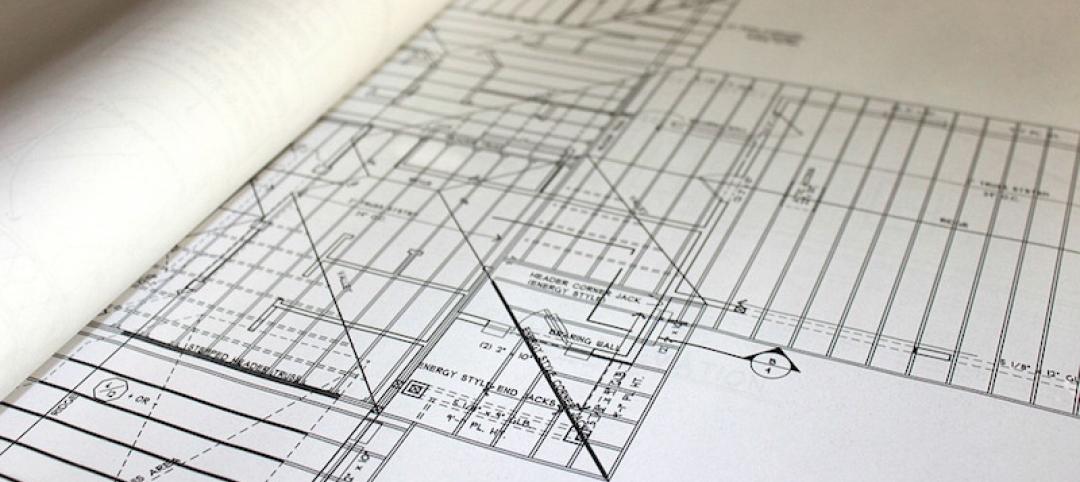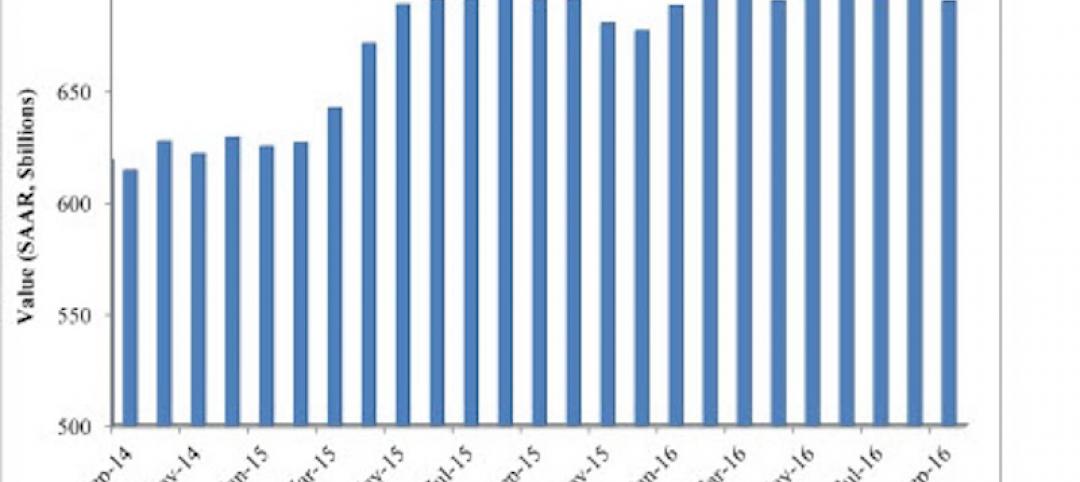The construction industry lost 3,000 jobs between July and August as ongoing declines in nonresidential segments offset a pickup among residential building and remodeling firms, according to an analysis by the Associated General Contractors of America of government data released today. Association officials said their newly released survey shows many contractors are eager to hire but are encountering a lack of qualified applicants and supply-chain delays that are holding back nonresidential employment gains.
“Today’s figures show that nonresidential building and infrastructure contractors are having a hard time recovering from the impact of the pandemic on demand for structures,” said Ken Simonson, the association’s chief economist. “At the same time, our survey finds many contractors have job openings but are experiencing a lack of qualified applicants, shortages of materials and long delivery delays.”
Construction employment in August totaled 7,416,000, a drop of 3,000 from July. Employment among nonresidential firms—comprising heavy and civil engineering construction firms, along with nonresidential building and specialty trade contractors—shrank for the fifth month in a row, by 20,300. In contrast, homebuilders and residential specialty trade contractors added 17,400 workers, the fourth-straight gain.
Despite the job losses for nonresidential construction firms, the association’s annual workforce survey, conducted with Autodesk, found many of its members—nonresidential and multifamily contractors—have unfilled job openings. Ninety percent of the more than 2,100 firms that responded had openings for hourly craft workers, while 62% had openings for salaried employees. Overwhelming percentages of firms with openings reported having a hard time filling positions, including 89% of the companies seeking craft workers and 86% of those looking for salaried employees.
Contractors are facing multiple challenges. Seventy-two percent of survey respondents reported that available job candidates were not qualified. Three-quarters of the firms reported projects were delayed due to longer lead times or shortages of materials, while 57% reported delivery delays.
Association officials called on officials in Washington to address both immediate and long-term needs for the construction industry. They urged lawmakers to finish work on the Senate-passed infrastructure bill and provide more funding for career and technical education programs that will attract and prepare more people for high-paying careers in construction.
“Contractors are eager to hire more workers but they need Washington officials to make sure there is enough funding for vitally needed infrastructure to justify hiring,” said Stephen E. Sandherr, the association’s chief executive officer. “In addition, more federal money should be going into preparing workers to execute these projects.”
Click here for the association’s survey results.
Related Stories
Market Data | Nov 30, 2016
Marcum Commercial Construction Index reports industry outlook has shifted; more change expected
Overall nonresidential construction spending in September totaled $690.5 billion, down a slight 0.7 percent from a year earlier.
Industry Research | Nov 30, 2016
Multifamily millennials: Here is what millennial renters want in 2017
It’s all about technology and convenience when it comes to the things millennial renters value most in a multifamily facility.
Market Data | Nov 29, 2016
It’s not just traditional infrastructure that requires investment
A national survey finds strong support for essential community buildings.
Industry Research | Nov 28, 2016
Building America: The Merit Shop Scorecard
ABC releases state rankings on policies affecting construction industry.
Multifamily Housing | Nov 28, 2016
Axiometrics predicts apartment deliveries will peak by mid 2017
New York is projected to lead the nation next year, thanks to construction delays in 2016
Market Data | Nov 22, 2016
Construction activity will slow next year: JLL
Risk, labor, and technology are impacting what gets built.
Market Data | Nov 17, 2016
Architecture Billings Index rebounds after two down months
Decline in new design contracts suggests volatility in design activity to persist.
Market Data | Nov 11, 2016
Brand marketing: Why the B2B world needs to embrace consumers
The relevance of brand recognition has always been debatable in the B2B universe. With notable exceptions like BASF, few manufacturers or industry groups see value in generating top-of-mind awareness for their products and services with consumers.
Industry Research | Nov 8, 2016
Austin, Texas wins ‘Top City’ in the Emerging Trends in Real Estate outlook
Austin was followed on the list by Dallas/Fort Worth, Texas and Portland, Ore.
Market Data | Nov 2, 2016
Nonresidential construction spending down in September, but August data upwardly revised
The government revised the August nonresidential construction spending estimate from $686.6 billion to $696.6 billion.


